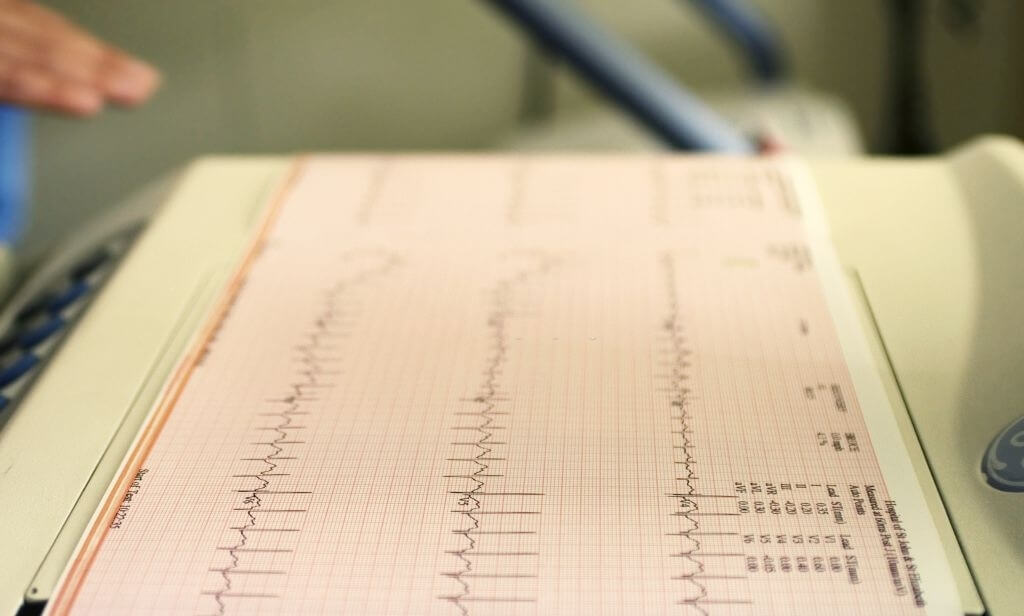Every year, more than 868,000 Americans die of heart disease, stroke, or other cardiovascular illnesses, accounting for one-third of all fatalities in the United States.
One additional fact to worry about is the financial impact this has on the healthcare system. Research shows that these diseases are resulting in $214 billion per year in cost and causing $138 billion in lost productivity due to early mortality alone.
Remnant Cholesterol And The Stand-Alone Risk For Heart Attack And Stroke Caused By It
For various heart-related health issues, cholesterol is the key player which must be controlled to avoid casualty due to heart failure. Hence the experts conducted a study that can reveal the effect of remnant cholesterol leading the heart attack.

There is extensive research going on regarding the fact that so-called “remnant cholesterol” (RC) provides an accurate stand-alone metric to determine a stroke or a heart attack. It is a common practice as doctors currently use measures of low-density lipoprotein (LDL) for predicting the risk of clogged arteries, heart attacks, and strokes. This new metric is being researched and this research is supported by Johns Hopkins Medicine researchers’ analysis of data collected from more than 17,000 adults. Indeed, the researchers claim that an RC test can predict disease risk even when LDL levels cannot.
The quantity of cholesterol in residual lipoproteins, a kind of very-low-density lipoprotein (VLDL) from which sugary fatty acids termed triglycerides have been extracted, is referred to as remnant cholesterol. The cholesterol inside residual lipoproteins has been examined as an alternative way of measuring a person’s risk of developing cardiovascular disease and stroke, in addition to standard measures of blood LDL cholesterol (sometimes referred to as “bad cholesterol”).
The total cholesterol quantity is subtracted from the LDL and high-density lipoprotein cholesterol (HDL, or “good cholesterol”) counts to get the remnant cholesterol levels
One comm myth that has been going on for decades is that people with low LDL cholesterol levels were assumed to be at more risk. People with relatively high HDL cholesterol levels, the so-called ‘good cholesterol,’ was thought to be at low risk for major heart disease,” says study lead author Renato Quispe, M.D., M.H.S. “However, research continued to show that residual cholesterol, regardless of LDL cholesterol levels, was a predictor of heart disease.”
The Johns Hopkins Medicine team combined data from three US research databases on 17,532 people to further examine the claimed relationship between residual cholesterol and illness risk. The data came from men and women aged 30 to 68 who had no history of atherosclerotic cardiovascular disease (the accumulation of fatty plaque inside arteries) at the time of the study. Cholesterol levels and other significant cardiovascular risk variables, as well as whether patients suffered severe heart disease or stroke after joining one of the databases, were all included in the data.
According to the current research, nearly one in every five people with RC levels of 24 micrograms per deciliter or above had a severe heart attack or stroke during the next 18 years. This proportion was identical to individuals who had relatively low LDL cholesterol, according to the study.
The researchers discovered a consistent relationship between higher than normal RC and severe heart disease after accounting for non-cholesterol-related heart disease risk variables such as cigarette use, high blood pressure, diabetes, advanced age, and race.
According to the Centers for Disease Control and Prevention, 38 percent of the adult population in the United States has excessive total cholesterol, and one in every four has high triglycerides. Heart disease, stroke, and other cardiovascular diseases account for one-third of all fatalities in the United States.